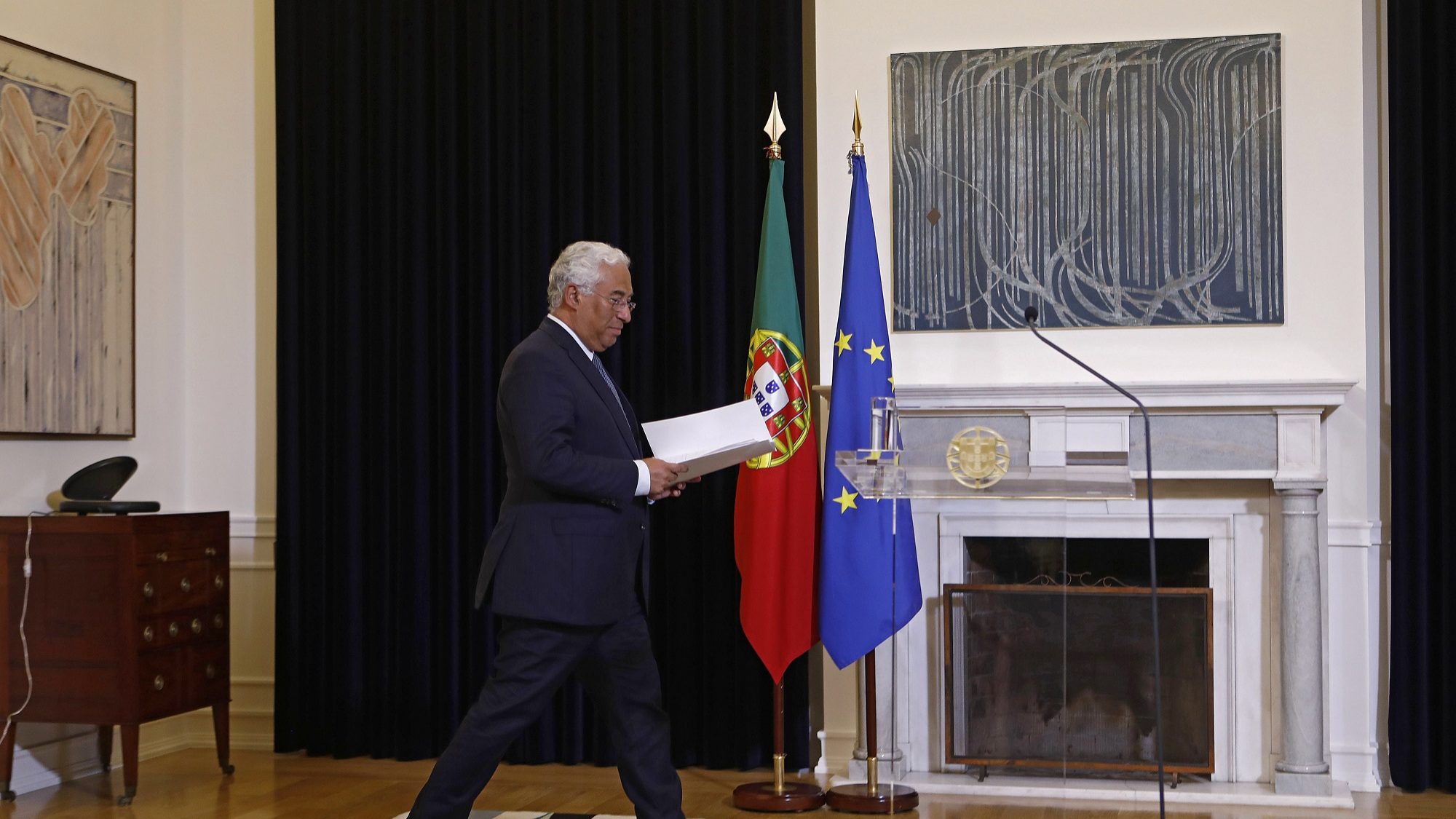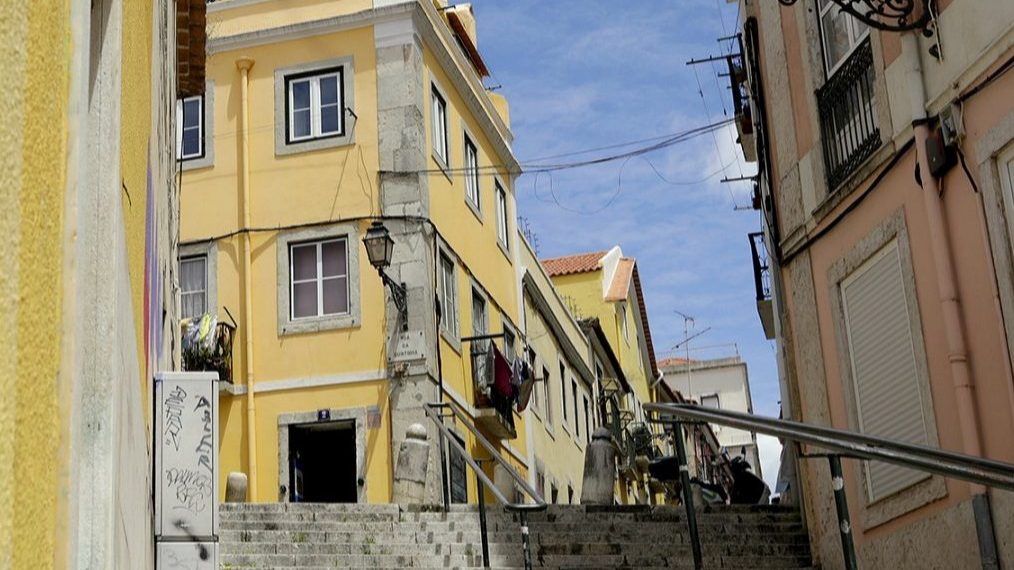Airbnb criticises domestic laws
In February, the cabinet approved a package of measures on housing, aiming to stimulate the rental market, streamline procedures and provide incentives for construction.
Short-term rental platform Airbnb welcomed on Thursday a European decision “that can make it easier” for small landlords to do business and criticised “disproportionate” local rules that attack large operators. European Union (EU) competition and industry ministers have agreed to create a register for short-term holiday rentals.
“Airbnb welcomes the progress announced by the Council of the European Union on the regulation on short-term rentals, which is a step towards more transparent and harmonised rules for hosts across the EU,” it pointed out in a statement.
The company said that these advances give “hope to many Europeans” who cannot offer accommodation services due to “fragmented and disproportionate local rules”, which, according to Airbnb, were designed with only large tour operators in mind.
Airbnb also said that it recently supported the EU’s work on short-term rental rules, “which unlock economic opportunities” and provide governments with information to curb over-tourism.
However, the platform reiterated that the “disproportionate rules” could leave the Portuguese out of these benefits.
In February, the cabinet approved a package of measures on housing, aiming to stimulate the rental market, streamline procedures and provide incentives for construction.
Regarding local accommodation, the government decided that the properties that remain in this form of renting will have to pay a special contribution, whose revenue will be consigned to the Housing and Urban Rehabilitation Institute (IRHU).
The state also intends to encourage landlords to transfer their properties from local accommodation to permanent housing, ensuring that those who do so until the end of 2024 are exempt from IRS taxation until 2030, as “compensation for the reduction in revenue that they will have”.
The issuing of new local accommodation licences “will be prohibited”, with the exception of rural accommodation in municipalities in the interior of the country, where they can boost the local economy.
Prime Minister António Costa also announced that current local accommodation licenses “will be subject to reassessment in 2030” and, after that date, periodically, every five years.


